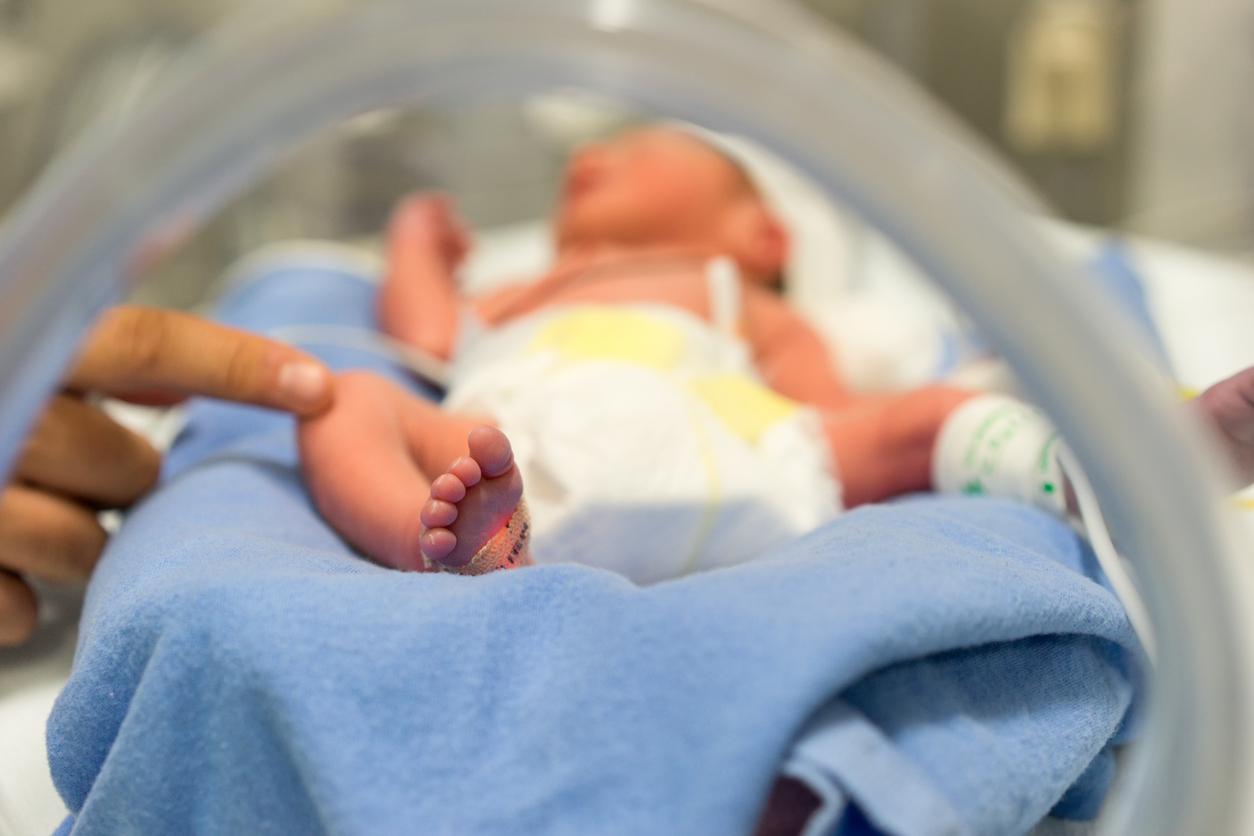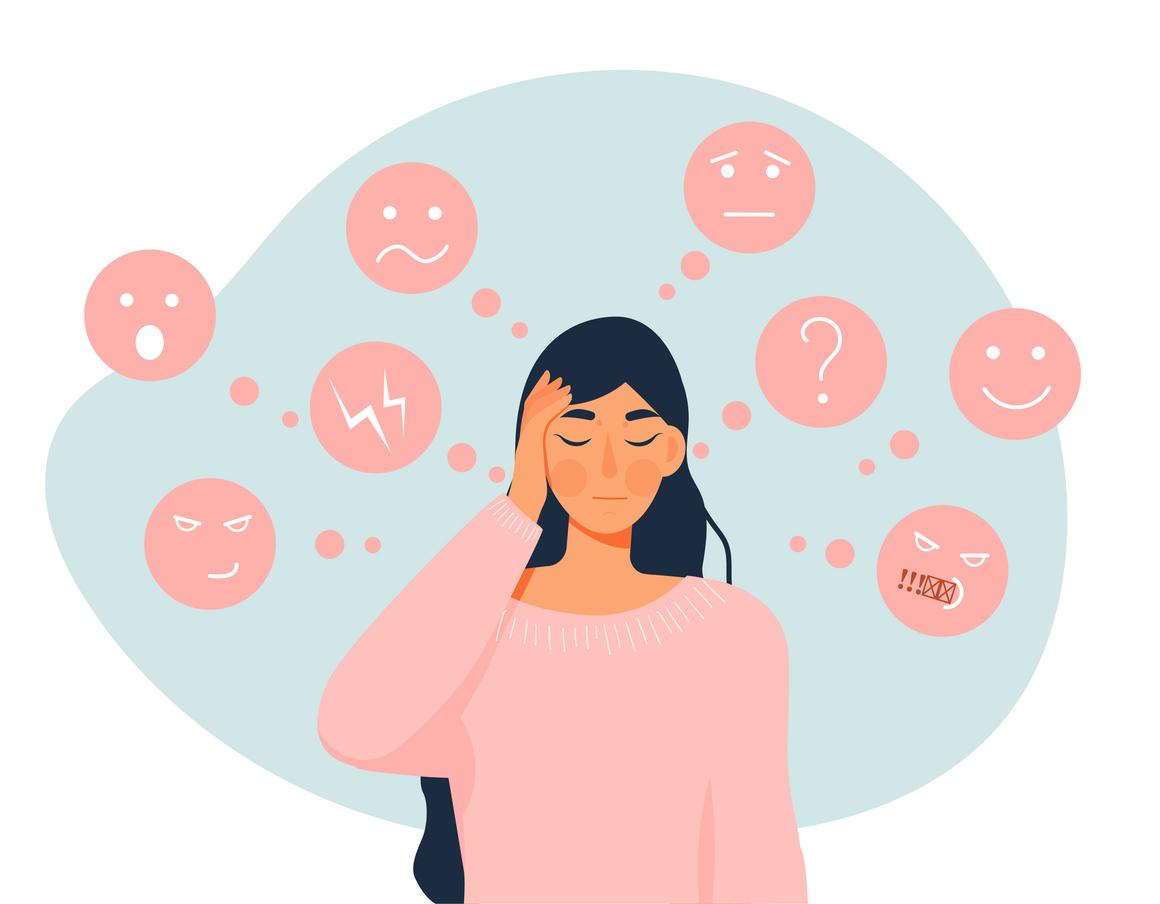What time do you eat? Meal times are often linked to cultural practices: in England, people eat very early; in Spain, we eat very late. But the times we eat also affect our health. According to a recent study published in the journal PNASit would even affect our mental health.
American researchers have conducted an experiment on this subject to understand if the times when we eat could have an influence on our mood, especially for people who do not follow the “classic” rhythm of a working day, and who officiate the night. For this, they followed for 14 days 19 people, whom they completely disturbed.
Eat at night? A bad idea
In short, people no longer had day and night landmarks, they were in a neutral space. Their days lasted 28 hours, because the goal was to get them out of the natural circadian rhythm.. Then, the subjects were sorted with respect to their meals into two groups. One ate during the day and in the evening, the other ate once a day and once at night (but never in the evening), in an attempt to reproduce what night workers experience.
Every hour, their mental health was studied: their vulnerability, their mood were analyzed. And scientists were able to draw an interesting conclusion, the more we are out of step with our circadian rhythm, the worse our morale is! Depressive symptoms were identified in 26% of those who ate day and night, they were also more likely to live with anxiety (16% of them). On the contrary, those who had kept a classic rhythm by eating only during the day did not experience any significant mental upheaval, say the researchers.
Conclusion ? Eating at night has a negative impact on mood. The time of our meals influences our rhythm, and can shift us so as to be more vulnerable, more irritable, anxious. This leads researchers to advise night workers to schedule their meals around daytime hours, rather than nighttime, to prevent mood swings. Despite this, they say more research needs to be done.
Source: Daytime eating prevents mood vulnerability in night work, PNAS, September 12, 2022.


















